Recently, I have come across this intriguing book and found it very interesting. It is, as seen through the title, about the Impressionism movement and the major impressionists. Below are some of my thoughts and miniature reflections about a few takeaways from the book that I wish to share!
*Please note that these are just what I think to have learned. However, there were times while reading that I didn’t fully understand the information, resulting in me having to make inferences, so my reflections may fail to hold the complete truth. Also, please understand that many of the pages toward the end of the book seem to be ripped out, making it even harder to understand what is going on. This is also the reason why I stopped making reflections after page 241*
—————————————-
27/01/2023
Page 1 – 11
Impressionism by Phoebe Pool
Reflection:
I have just opened this book, and so far, I like it. The word print is extremely small, though, and I can only read a little at a time since it is so full of information. But I have learned a lot.
Summary:
Impressionist painters distrusted intellectual generalities, and instinct obscurely influenced each artist’s style evolution. Additionally, friendships, social status, political views, and current events played an apparent role in each artist’s technique. For example, those that were a part of Jean-Jacques Rousseau’s cult of spiritual refreshment in country solitude were altered in “the man’s response to nature” (10). These artists implemented landscape and emptiness in their artworks much more than those who painted in cafes and were interested in cityscapes. Impressionists often bonded with nature due to genuine scientific curiosity and desire for accuracy. Constable believed that “painting should be a legitimate scientific pursuit” (10), which later prompted him to make many ‘accurate’ studies of the sky and try to pinpoint the exact time of day and direction of the wind. Other notable painters who attempted this quasi-scientific art variation were Theodore Rousseau, Ruskin, and Turner.
Notable Quotes:
“Salvation resides in nature” – Pissarro 10
—————————————-
01/02/2023
Page 12 – 79
Impressionism by Phoebe Pool
Reflection:
The words are so small, and the spacing between lines is so tiny that I have to squint to see everything. There is so much information on each page, and I love how there are so many pictures. It would be nice if all of the pictures were in color, though, as many of them seem to have been printed in only grey tones.
It is interesting to see that, although there were many artists that took part in Impressionism, it seems as if there was a mutual agreement and understanding that Monet was the main impressionist. And according to some of his friends, he was the only impressionist. The reason for this was his seemingly natural way of flowing with color and brushstrokes and his spectacular eye.
—————————————-
04/02/2023
Page 80 – 119
Impressionism by Phoebe Pool
Reflection:
When looking at paintings in a museum, everything seems like its own individual piece. Sure, some museums have their own themes, like modern art or cubism, but each painting is still by itself. When walking through the halls, I never associated one painting with the other or one artist with the other. So, it is obvious that the book took me by surprise when it talked about all the Impressionist artists actually interacting and influencing each other. Monet and Pissarro took inspiration from each other in London while evading the war, and many of the artists took note of Manet’s work.
—————————————-
05/02/2023
Page 120 – 183
Impressionism by Phoebe Pool
Reflection:
This part of the book mostly spoke of the relationship between Degas and Manet, two “semi”-impressionists. They were considered the elders of the impressionists. Although they held similar styles in painting, much of everything else was different, including their political views. Manet was republican while, on the other hand, Degas’s views, to say the least, were more extreme. Their political views influenced some of their work through political drawings.
Notable Quote:
“A painting is an artificial work existing outside nature and it requires as much cunning as the perpetration of a crime.”
—————————————-
7/02/2023
Page 184 – 198
Impressionism by Phoebe Pool
Reflection:
Here the book went deeper into the personal stories of many of the impressionists and post-impressionists. Apparently, Cezanne, who is considered a post-impressionist due to his use of sharp lines and simplifying many of his subjects into simple shapes, had a dictator of a father. He was the son of a strict bourgeois family and had to go on a revolt to follow his passion and become a painter. It was only when he met Pissarro later in life that he made his first true friend and thought of Pissaro as a father figure.
—————————————-
09/02/2023
Page 199 – 241
Impressionism by Phoebe Pool
Reflection:
It’s interesting to see that Impressionism was not just one period, it was actually several movements influenced by artistic rebellions. In later times, during post-impressionism, the Impressionist group suffered from artists who took too much inspiration from their art and almost copied it. The salons in which they sold their paintings filled up with newer art styles, and, especially in 1886, the Impressionists did not do well in general.


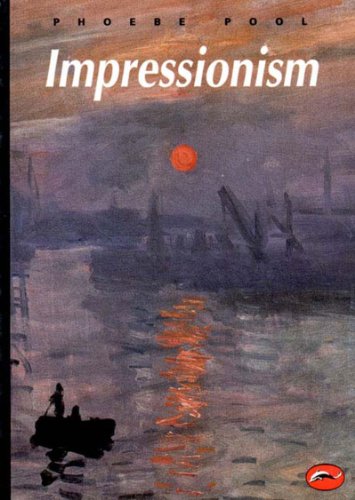
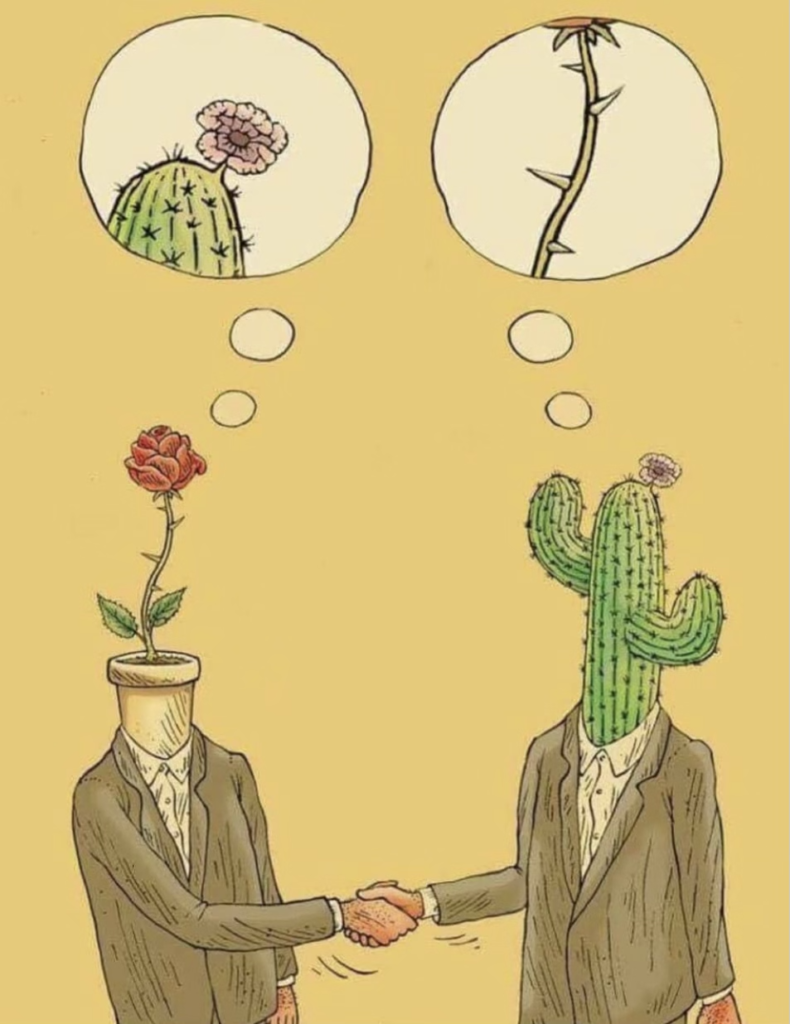
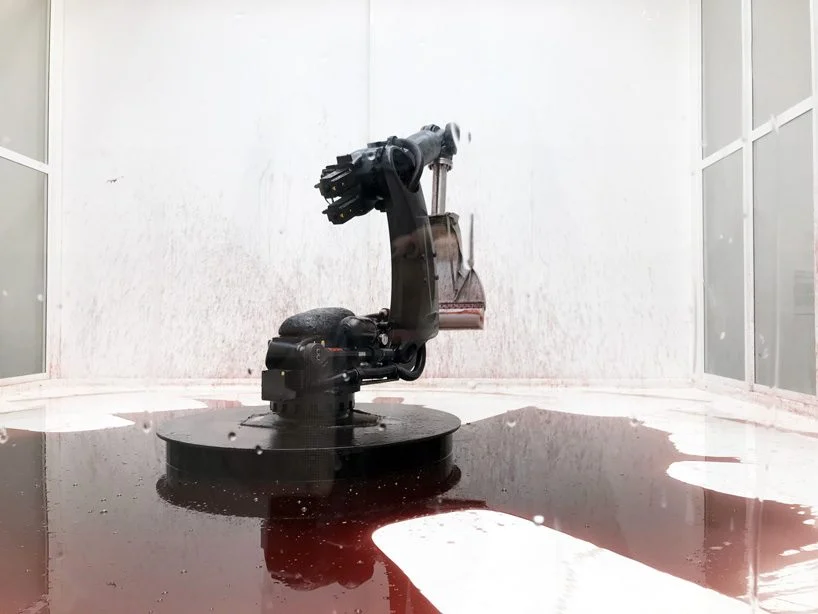
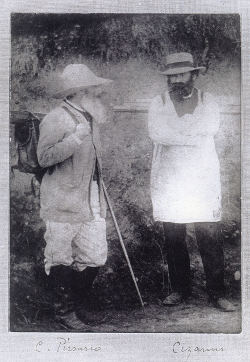
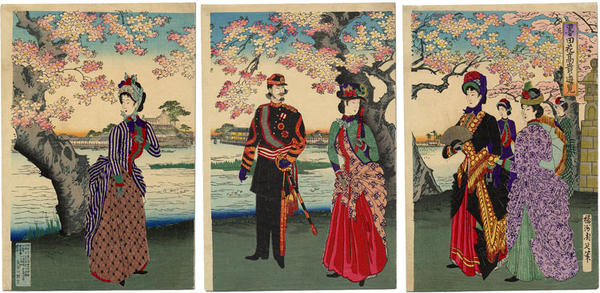
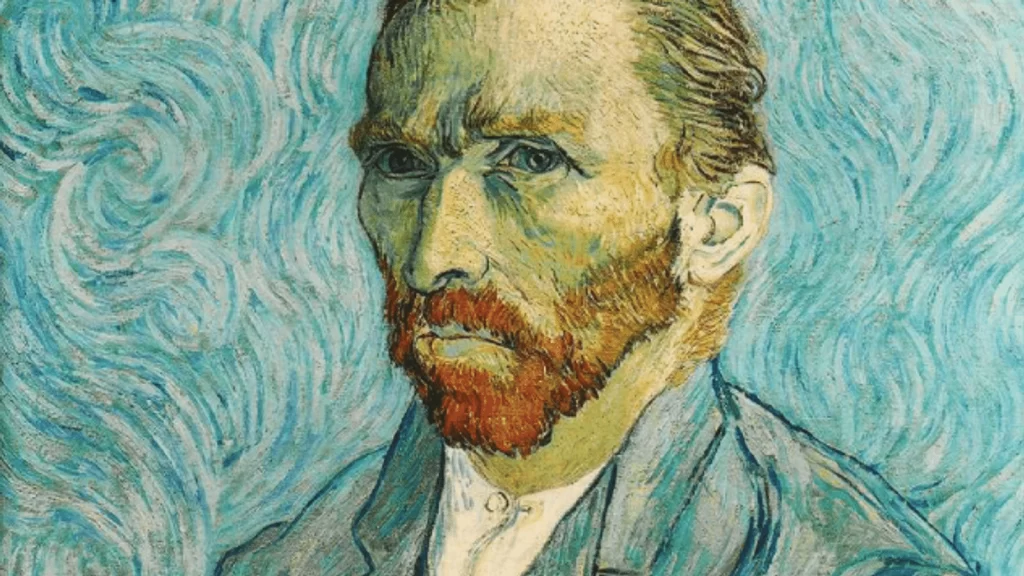
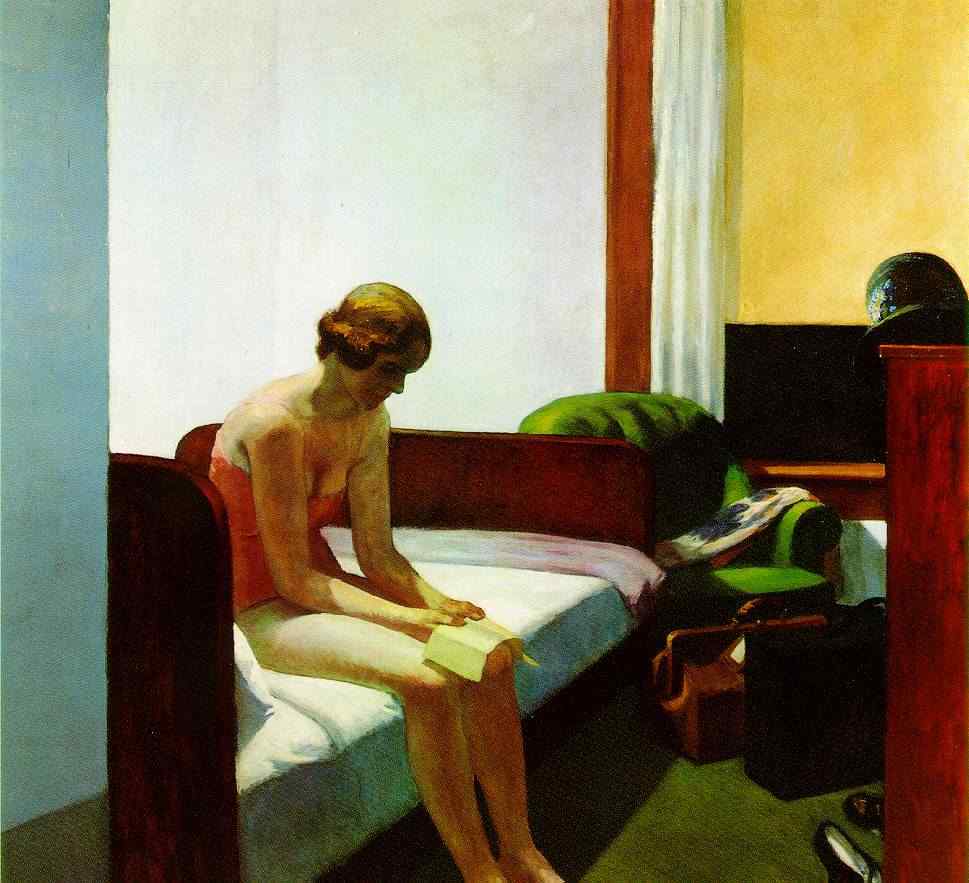
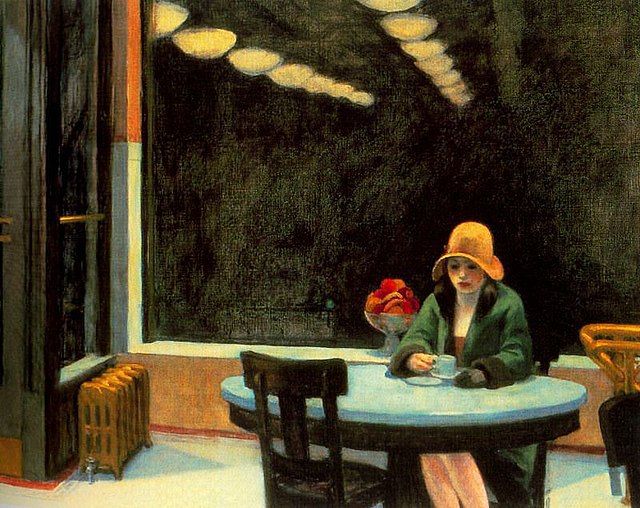
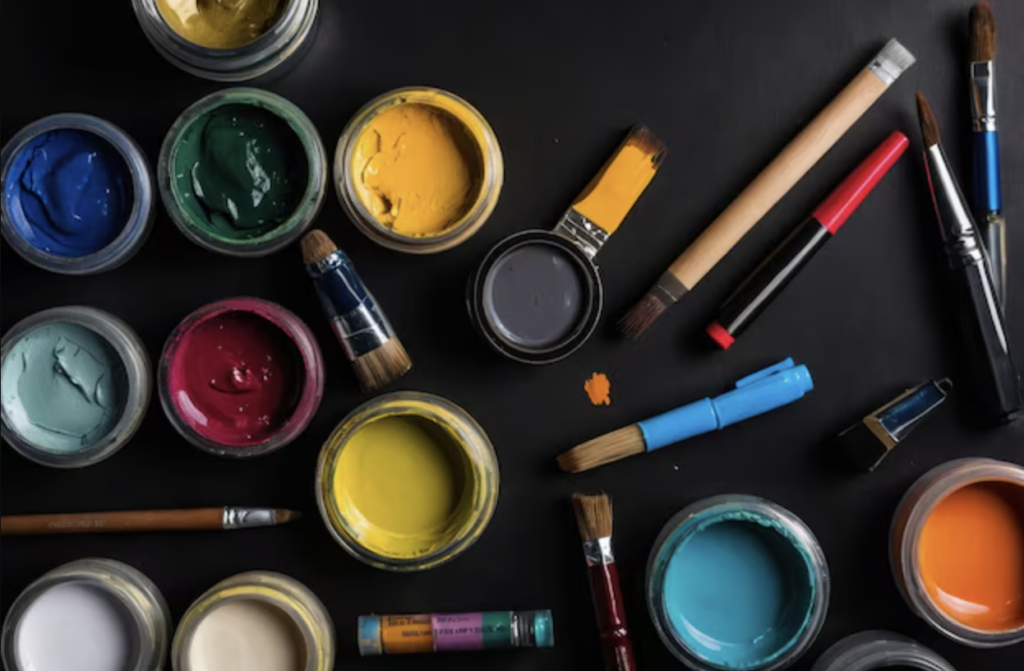
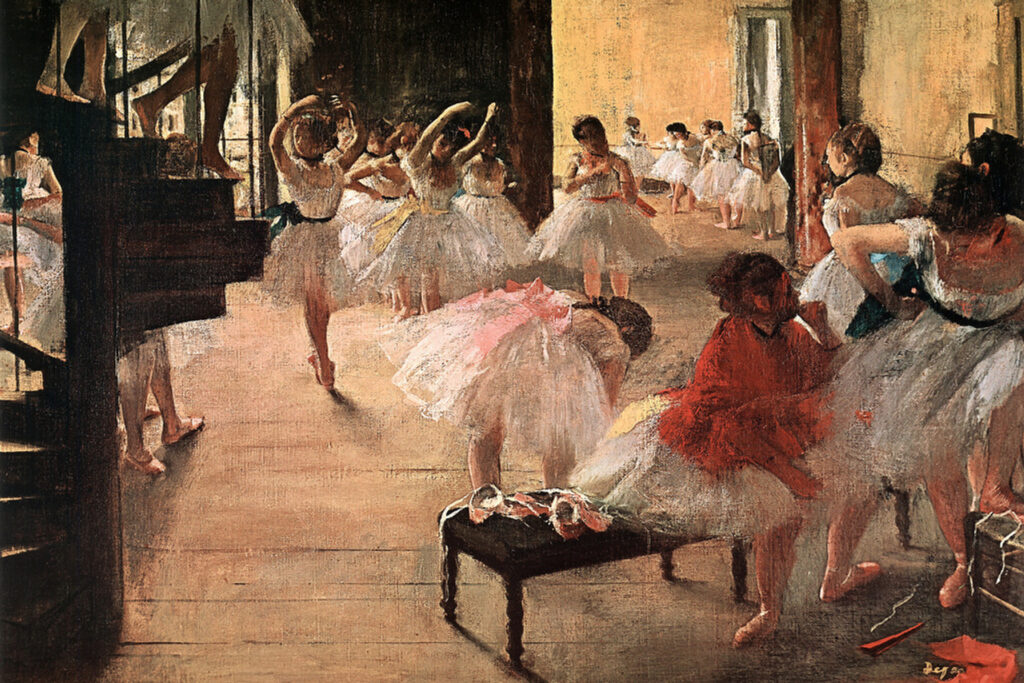
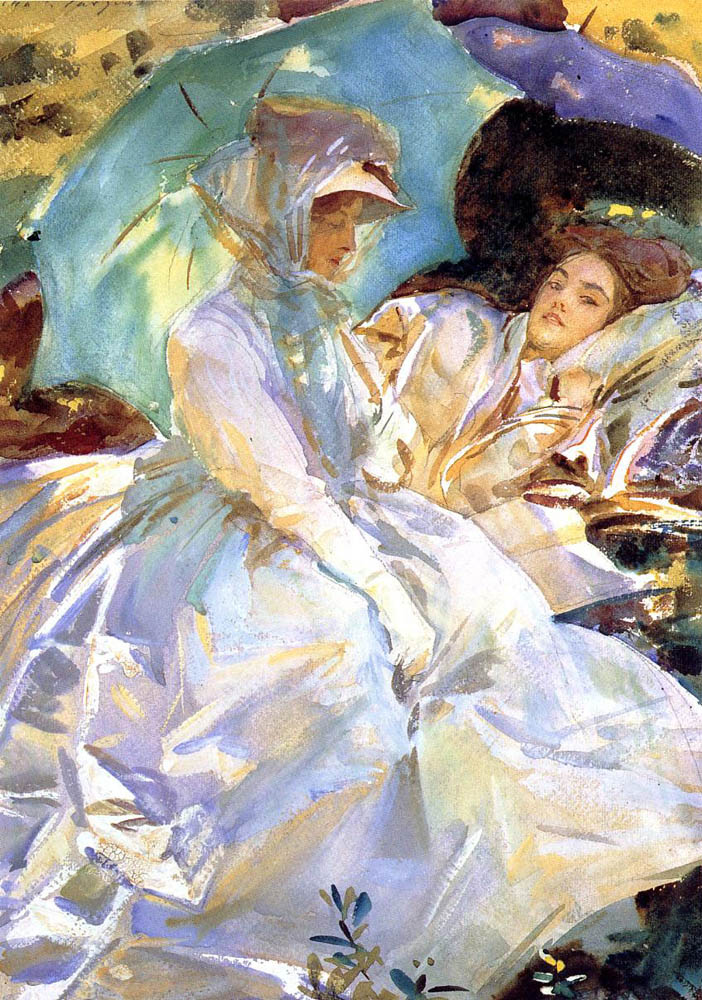

so cool
Well fuck me is this an interesting topic!!
I wish to be able to write like this.
How interesting..
I truly enjoy reading your postings . Keep up the good work !
such a lovely quaint little book😇
❤️
So proud of you
you should write something on mary cassatt next!!!!!!!!!!!!!!!
Make more posts.
c’est encore plus beau que ma femme. Croyez-moi, ma femme est une beauté !
AMAZING WRITE-UP
You hold great charisma and I think we can help each other. I also have a small website in need of support. Might I propose a business deal, we support each other on the sidelines, unconditionally. My link is provided below. Think about it, my dear.
your website is getting views, congrats!
i despise the delusional impressionists